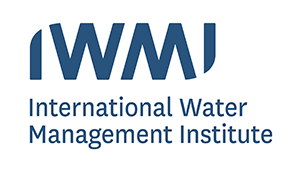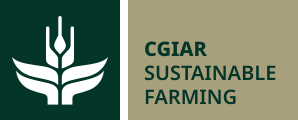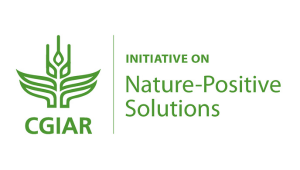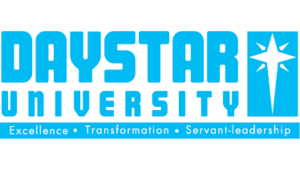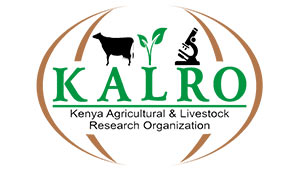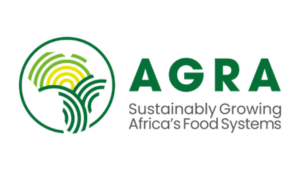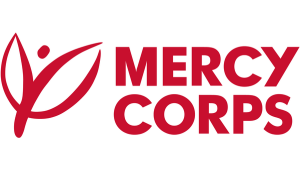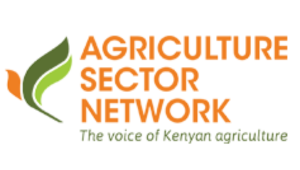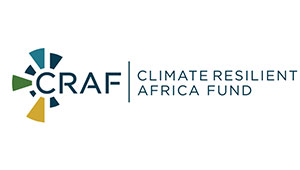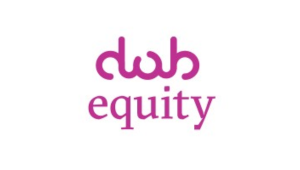Partners
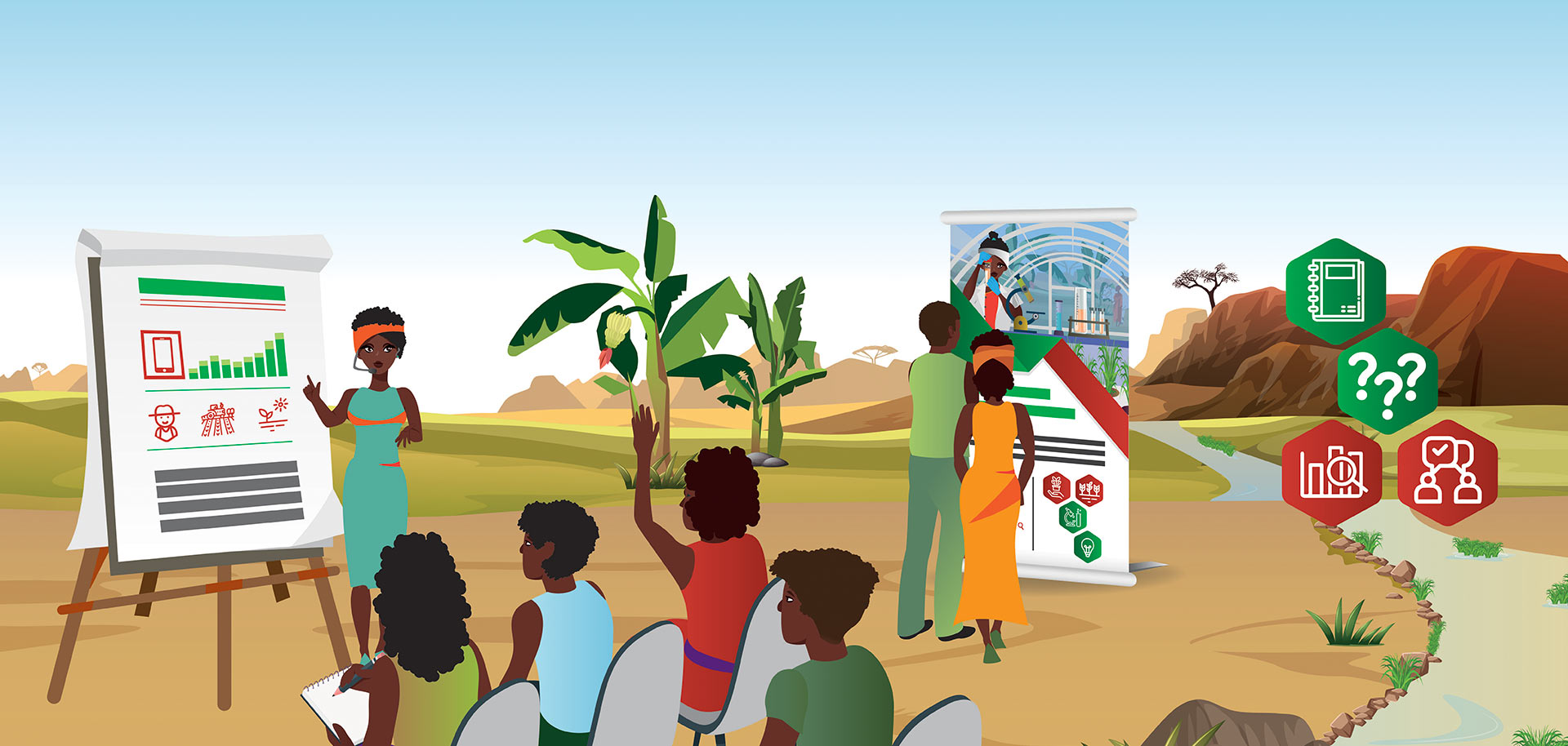
AgriTech4Kenya is an initiative powered by the CGIAR Accelerate for Impact Platform of the Alliance of Bioversity International and CIAT, and co-organized with the CGIAR Excellence in Agronomy Initiative and CGIAR Initiative on Nature-Positive Solutions. The project is funded by the Italian Ministry of Foreign Affairs and International Cooperation, and implemented in partnership with Micro Enterprises Support Programme Trust, Kenya National Innovation Agency, AGRA, Agriculture Sector Network, Daystar University, iTATU, Mercy Corps, DOB Equity, Climate Resilient Africa Fund, Sustainable Agriculture Foundation Africa (SAF-Africa) formerly Syngenta Foundation for Sustainable Agriculture, and Kenya Agricultural Livestock and Research Organization. The challenge is supported by Pangea.
Funded by
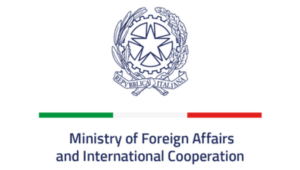
Powered by
CGIAR Accelerate for Impact Platform (A4IP)
The CGIAR Accelerate for Impact Platform (A4IP) is the venture space that leverages CGIAR’s legacy in research and innovation to co-design, accelerate, and de-risk the development and deployment of science-based solutions for sustainable agriculture and climate action. A4IP entrepreneurs pioneer models to bridge research products from lab to market, create demand for CGIAR science, and strengthen its role in the innovation ecosystem. The initiative plays a catalytic role for entrepreneurial scientists, startups, and other strategic partners driving innovation that will make our agri-food systems healthier, more equitable, and more sustainable. A4IP is an initiative powered by the Alliance of Bioversity International and CIAT; a CGIAR research center.
CGIAR Centers
CGIAR
CGIAR works for a world with sustainable and resilient food, land, and water systems that deliver diverse, healthy, safe, sufficient, and affordable diets, and ensure improved livelihoods and greater social equality, within planetary and regional environmental boundaries. Our mission is to deliver science and innovation that advance the transformation of food, land, and water systems in a climate crisis. One CGIAR is the integration of CGIAR’s capabilities, knowledge, assets, people, and global presence for a new era of interconnected and partnership-driven research towards achieving Sustainable Development Goals.
Alliance of Bioversity International and CIAT
The Alliance of Bioversity International and the International Center for Tropical Agriculture (CIAT) delivers research-based solutions that address the global crises of malnutrition, climate change, biodiversity loss, and environmental degradation.
The Alliance focuses on the nexus of agriculture, nutrition, and the environment. We work with local, national, and multinational partners across Africa, Asia, Latin America and the Caribbean, and with the public and private sectors and civil society. With novel partnerships, the Alliance generates evidence and mainstreams innovations to transform food systems and landscapes so that they sustain the planet, drive prosperity, and nourish people in a climate crisis.
The Alliance is part of CGIAR, a global research partnership for a food-secure future dedicated to transforming food, land, and water systems in a climate crisis.
IWMI
The International Water Management Institute (IWMI) is an international, research-for-development organization that works with governments, civil society and the private sector to solve water problems in developing countries and scale up solutions. Through partnership, IWMI combines research on the sustainable use of water and land resources, knowledge services and products with capacity strengthening, dialogue and policy analysis to support implementation of water management solutions for agriculture, ecosystems, climate change and inclusive economic growth. Headquartered in Colombo, Sri Lanka, IWMI is a CGIAR Research Center with Offices in 13 countries and a global network of scientists operating in more than 30 countries.
CGIAR Research Initiatives
CGIAR Sustainable Farming
We are addressing key challenges in agri-food systems by fostering efficient production of nutritious foods and safeguarding the environment to create fair employment opportunities, as we simultaneously tackle climate change, soil degradation, pests, diseases, and desertification.
CGIAR Initiative on Nature-Positive Solutions
The CGIAR Initiative on Nature-Positive Solutions aims to re-imagine, co-create, and implement nature-positive solutions-based agrifood systems that equitably support food and livelihoods while ensuring that agriculture is a net positive contributor to biodiversity and nature.
Academia
Daystar University
Daystar University, a leading Christian institution in Kenya, emphasizes research and innovation for transformative education. It fosters intellectual exploration with a focus on solving real-world problems. Daystar encourages research across disciplines, addressing issues relevant to both Kenya and the global community.
Equipped with state-of-the-art facilities, the university provides a conducive environment for researchers. This has led to significant research output, including publications and presentations at international conferences. The university collaborates with industry, government, and other institutions to ensure its research is impactful and relevant. Daystar's dedication to research and innovation establishes it as a leader in Kenya's higher education landscape.
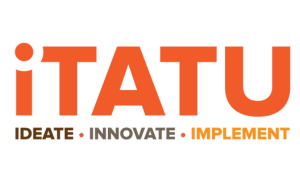
iTATU
The Kenya Industry and Entrepreneurship Project (KIEP) is implemented by the Ministry of Investments, Trade and Industry-State Department for Industry (MITI-SDI) and supported by the World Bank. The Project objective is to increase innovation and productivity in select private sector firms in line with Kenya’s Vision 2030. The KIEP project consists of three components: Strengthening the innovation and entrepreneurship ecosystem; SME Linkages and Upgrading; and Project implementation support and M&E. Component 1 consists of four sub-components:
● 1a: Strengthening the Ecosystem’s Support Structure.
● 1b1: Industry-Startup Linkage Program.
● 1b2: International Acceleration Process.
● 1b3: Industry-Academia Platform.
Maastricht School of Management (MSM) has been engaged to implement sub-component 1b3: The Industry-Academia Platform (IAP) dubbed iTATU – Industry Academia Platform aims to increase the productivity of Kenyan firms through a student-centric open innovation approach. One of the key activities of the IAP is to facilitate innovation challenges that are identified and posted by companies and carried out by cross-disciplinary student teams. IAP utilizes the open innovation approach in driving the innovations
Kenya Agricultural Livestock Research Organization (KALRO)
The Kenya Agricultural and Livestock Research Organization (KALRO) is a government body established to lead and coordinate agricultural research in Kenya. Their mission is to drive innovation, improve agricultural productivity, and ensure equitable access to research for Kenyan farmers.
NGOs
AGRA
AGRA, a dynamic African-led organization, champions agricultural innovation for smallholder farmers. Their mission? To transform subsistence farming into thriving businesses, boosting incomes, livelihoods, and food security. AGRA recognizes the unique challenges African farmers face. By partnering with governments, NGOs, and the private sector, they deliver proven solutions tailored to the continent's environment and needs. This focus on smallholder farmers is crucial, as AGRA believes agricultural transformation is key to national prosperity. They actively promote climate-resilient farming systems, empowering farmers to adapt to a changing climate.
Mercy Corps
Mercy Corps tackles the world's toughest challenges – conflict, climate change, and their devastating effects. Their approach is unique: combining innovative solutions with a deep understanding of local communities. They scale up proven methods to create lasting, transformative change. Imagine a world with clean water, nutritious food, and economic opportunity. Mercy Corps works towards this vision, empowering communities to overcome crises, adapt to change, and thrive. They connect people across the globe, unlocking human potential and building resilience for a brighter future.
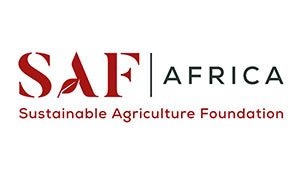
Sustainable Agriculture Foundation Africa (SAF Africa)
Sustainable Afgriculture Foundation Africa ( SAF Africa) formerly known as Syngenta Foundation for Sustainable Agriculture (SFSA) brings a wealth of experience in developing innovative agricultural insurance solutions for smallholder farmers in Africa. Their award-winning Kilimo Salama project in East Africa demonstrates their ability to create affordable and effective microinsurance products.
SFSA goes beyond just insurance. They understand the broader agricultural value chain and integrate weather data, advisory services, and access to inputs to manage weather risks holistically. Their data-driven approach and use of digital technologies ensure cost-effective and targeted solutions.
SFSA's deep understanding of farmer needs and their commitment to market development make them a valuable partner for the agritech4Kenya challenge. They can help identify and support innovations that empower Kenyan smallholder farmers by mitigating risks and creating a more secure agricultural environment.
Government Agency
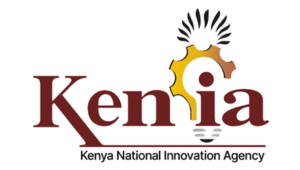
KeNIA
The Kenyan Innovation Agency, (KeNIA), strengthens interrelationships between actors to promote innovation and enterprise development out of research and ideas. From supporting the identification, recording and protection of innovative ideas to coordinating the establishment and implementation of appropriate policies, standards, processes, infrastructure, and partnerships to nurture the innovative ideas. The agency also works with partners to ensure appropriate prioritization, relevant capacity development, innovation recognition and publication of the same.
Private Sector
Agriculture Sector Network (ASNET)
Agriculture Sector Network (ASNET) is the umbrella body representing the collective voice of private sector companies in the agriculture sector in Kenya. ASNET serves as the agriculture sector board for the Kenya Private Sector Alliance (KEPSA). They are the national agency dedicated to Private Sector SMES It was founded in 2020, through a partnership of Kenya Private Sector Alliance (KEPSA), Kenya National Chamber of Commerce and Industry (KNCCI), Kenya Association of Manufacturers (KAM) and the SDG Partnership Platform at the United Nations, Elgon Kenya Limited, other like-minded business associations, private sectors, development partners and other stakeholders. ASNET’s key role is to coordinate agriculture sector actors in Kenya through various mechanisms to engage in policy advocacy and value chain development that promote increased productivity, competitiveness and attracts investments into the agriculture sector. ASNET endeavors to be the leading entity in advocacy for a competitive and enabling environment for the sector at the county, national, regional, continental, and global levels. This is envisaged to be achieved through strong partnerships with national and county governments, development partners, and other stakeholders to revolutionize the agriculture sector, leading to growth, inclusive wealth, and the creation of jobs.
Investment Funds
Climate Resilient African Fund (CRAF)
The Climate Resilient Africa Fund (CRAF)seeks climate smart transformation of Africa’s agri-food systems and the nature economy. They are an impact fund seeking seed stage African startups with scalable solutions to the climate crisis in agri-food tech and the nature economy. They invest in robust agriculture, biotech and nature-based solutions and nature and climate intel.
DOB Equity
DOB Equity is an evergreen fund with all proceeds from investments being reinvested, making DOB Equity a true long-term growth partner for its portfolio companies. It invests in businesses that positively contribute to a more social and sustainable society and deliver long-term profitability. They work with entrepreneurs to mitigate potential risks related to environmental, social and governance matters, whilst creating value and social impact for the company and its communities. They have offices in Kenya, Tanzania and The Netherlands.
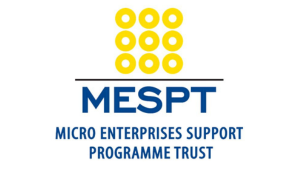
Micro-Entreprise Support Programme Trust (MESPT)
MESPT is a development organization with the purpose of growing small holder farmers and Agri SMEs to increase productivity, income and enhance competitiveness for job creation especially for youth and women. This is achieved through capacity building which includes skills development, technical support, business advisory, financial and market linkages.



